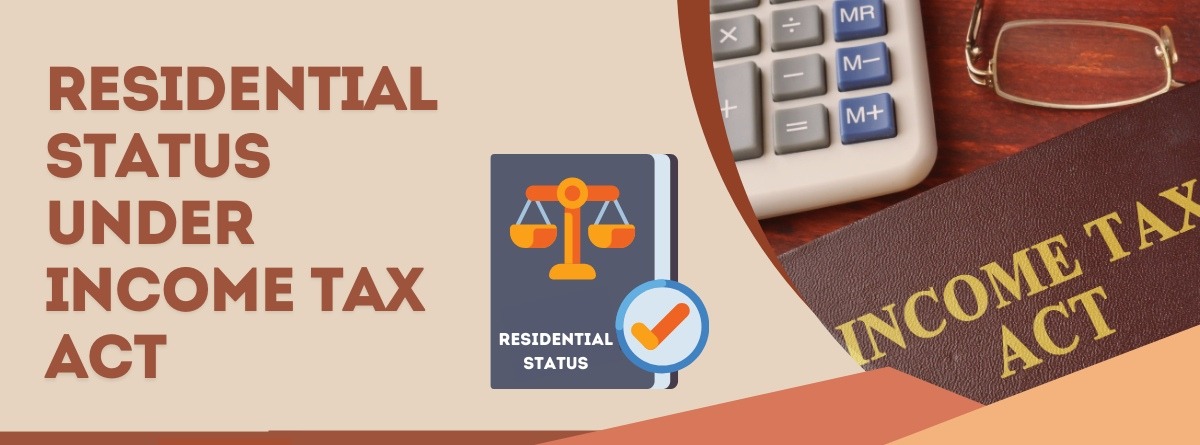White, J.@mdashThe lower Appellate Court has decided the question of limitation correctly, and has correctly applied Article 49 of the second schedule of the Limitation Act. It appears that the specific property sought to be recovered is specific moveable property, and came into the possession of Chunder Moni Shaha, the first defendant, in the year 1871, under an order of Court, which directed that he should hold that property on giving security subject to the order of the Court. On the 19th August 1873, the same Court ordered that he should deliver up the property to the plaintiff or his vendor. This order he disobeyed. Up to the date of this order, it may be taken that his detention of the property was lawful. But from the moment the latter order was made, his possession of the property became unlawful. Article 49 says, that in a suit for specific moveable property the period of limitation is three years running or commencing from the time that the obtainer''s possession became unlawful. The present suit, therefore, comes strictly within that article, and not having boon brought until the 22nd of March 1878, is clearly barred.
2. It is contended that Article 123, which provides twelve years for the receiving of a legacy is applicable, because this specific property was originally bequeathed to the plaintiff''s vendor under a will. But the answer to this argument is, that the property to which this suit relates is not sought to be recovered as a legacy, but as property which belongs to the plaintiff, and has been unlawfully detained by the defendant No. 1. Article 123 only applies to cases in which the property sought to be recovered is not only a legacy, but is also sought to be recovered as such from a person who is bound by law to pay such legacy, either because he is the executor of the will or otherwise represents the estate of the testator.
3. We dismiss the appeal with costs.

